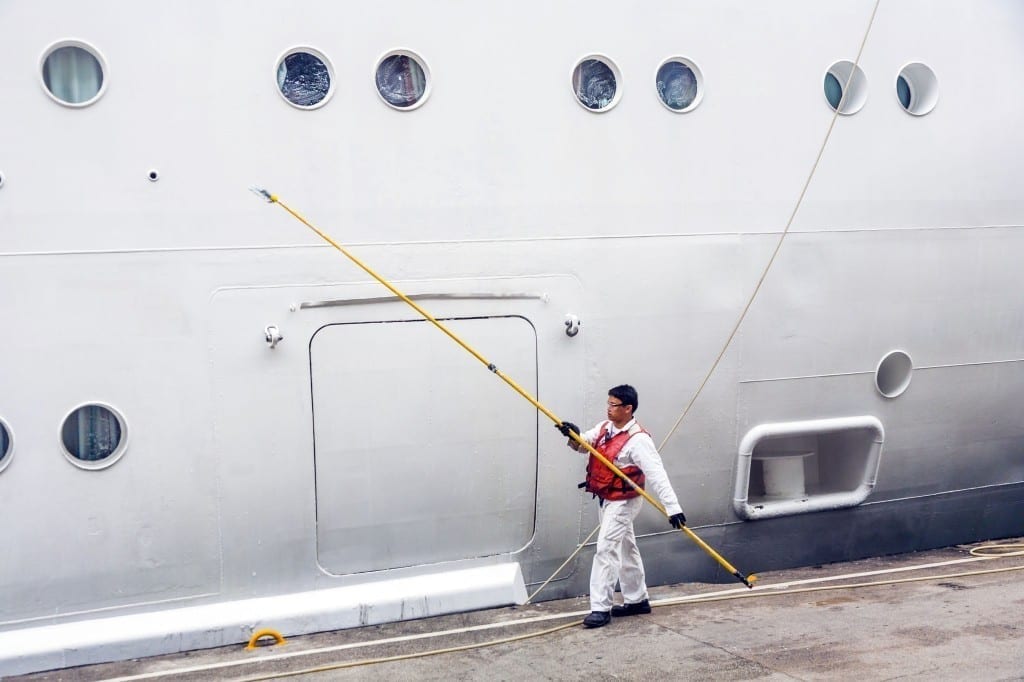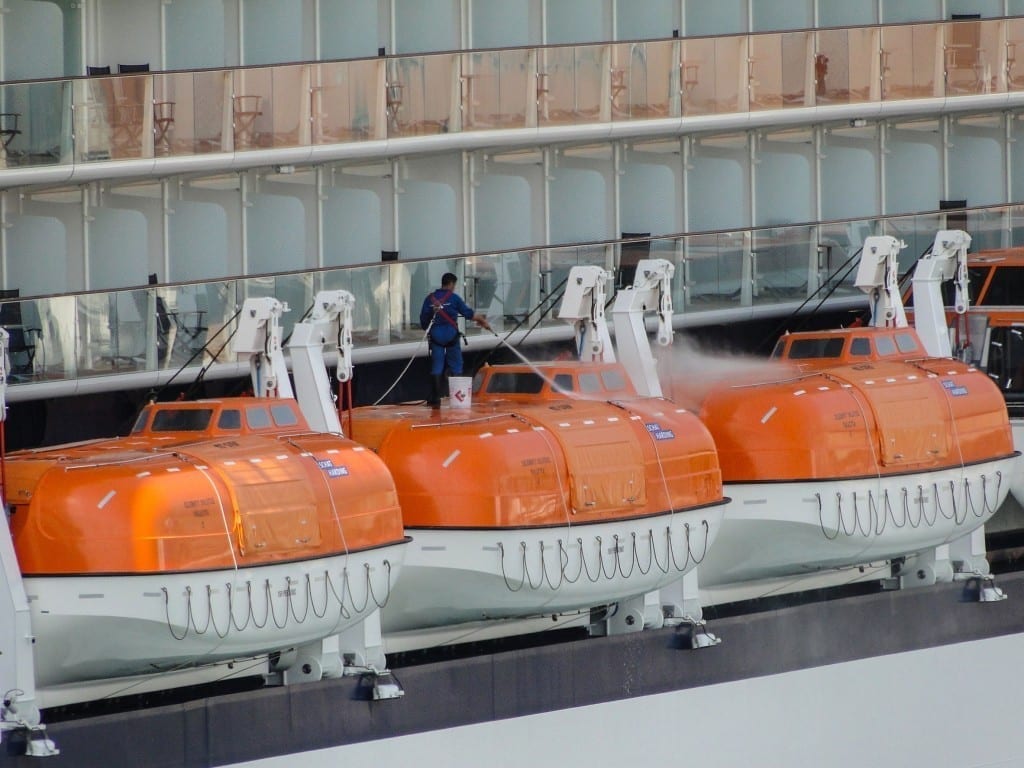Working on a cruise ship sounds glamorous in theory—you get to travel the world on a luxurious ocean liner, visiting exotic destinations that you might not otherwise have seen. However, as anyone who has ever worked as a crew member on a cruise ship can attest, it’s not as glamorous as it seems. Crew members typically work long hours for low pay and live in cramped quarters at or below sea level in the ship’s berth. In some cases, those who work below deck barely see the light of day.
Specific work conditions will depend on the job (for example, staff members such as the entertainment director will receive higher pay and typically experience better work conditions than below deck crew members), but all cruise ship employees have basic rights that their cruise line employer needs to honor. If you’re a current or former crew member who was injured, assaulted, or exploited in the line of work, you may be entitled to compensation—and you should certainly hold the cruise line accountable for any mistreatment.
Why Cruise Lines Can Get Away with Harsh Work Conditions
Cruise lines are notorious for their long work hours, with many employees working 12-14 hour days (or longer), seven days a week. And, as you’ve most likely discovered if you’ve ever worked as a crew member, wages for lower-level, non-US citizen employees are well below the US minimum wage. CNN reported, for example, that a cleaner on a Royal Caribbean ship was earning $156.25 per week (with no tips) with 84 hour work weeks in 2013.
So how are cruise lines—many of which are run out of the US, the UK, or Canada—able to get away with such deplorable pay rates and work conditions? The answer is that they often register their ship in another country under what is often referred to as a “flag of convenience.” The ship is subject to the regulations of the country in which it is registered, so the cruise line might have to pay the minimum wage of, say, Panama, rather than the United States.
However, just because a ship is registered in another country doesn’t mean the cruise line doesn’t still owe a duty of care to its employees. If you think your cruise line employer has neglected that duty of care, contact a cruise ship accident attorney to learn more about your legal options.
When You May Be Entitled to Compensation
There are several general types of situations when a cruise line crew member may be entitled to compensation from their employer under the Jones Act. The important thing to remember about the Jones Act is that it is designed to protect employees in any situation where their employer fails to provide a reasonably safe place to work.
Injury in the line of work. If you suffer any kind of injury while working for a cruise line, you are entitled to compensation as long as you can prove that your injury was a direct or proximate result of your employer’s negligence. For example, if you are on the kitchen staff and you suffer burns because your employer did not properly train you, it may be possible to prove that your employer was negligent. You would also be entitled to compensation if the cruise line fails to properly maintain a piece of equipment that you use (such as the stove) and you are injured as a result.
Assault by a co-worker. Cruise lines are supposed to run criminal background checks on their employees, but if they do not and another employee with a criminal history attacks or assaults you, you are eligible for compensation under the Jones Act. You should also be eligible if any crew member or passenger is able to attack you because of the ship’s negligent security—such as the failure to change burnt out lights in a stairwell or the failure to install security cameras.
Employer breach of contract. A contract is designed to hold both an employee and an employer to an agreement, and if your employer blatantly violates that contract, you may be entitled to compensation. For example, if your ship strands you in a foreign port without pay after going bankrupt, as Premier Cruises did to its crew members in 2000, you should talk to a lawyer.
If you’re unsure whether your particular case qualifies you for compensation under the Jones Act, you should still talk to a maritime attorney. Stand up to the cruise lines to show them that they cannot continue to exploit and endanger their workers.
About the Author:
Andrew Winston is a partner at the personal injury law firm of The Law Office of Andrew Winston. He has been recognized for excellence in the representation of injured clients by admission to the Million Dollar Advocates Forum, is AV Rated by the Martindale-Hubbell Law Directory, and was recently voted by his peers as a Florida “SuperLawyer”—an honor reserved for the top 5% of lawyers in the state—and to Florida Trend’s “Legal Elite.”








